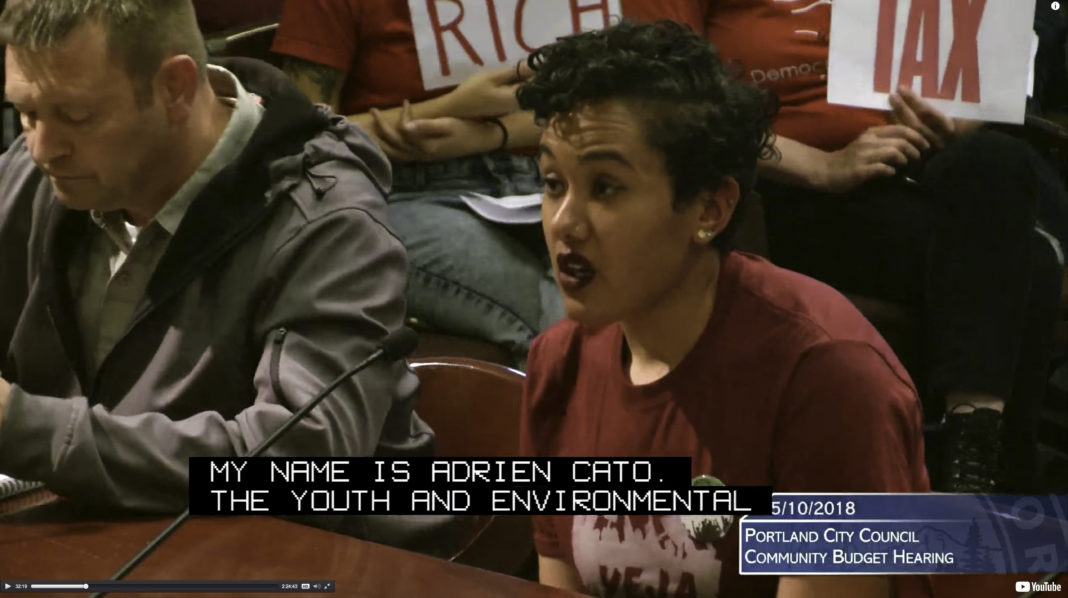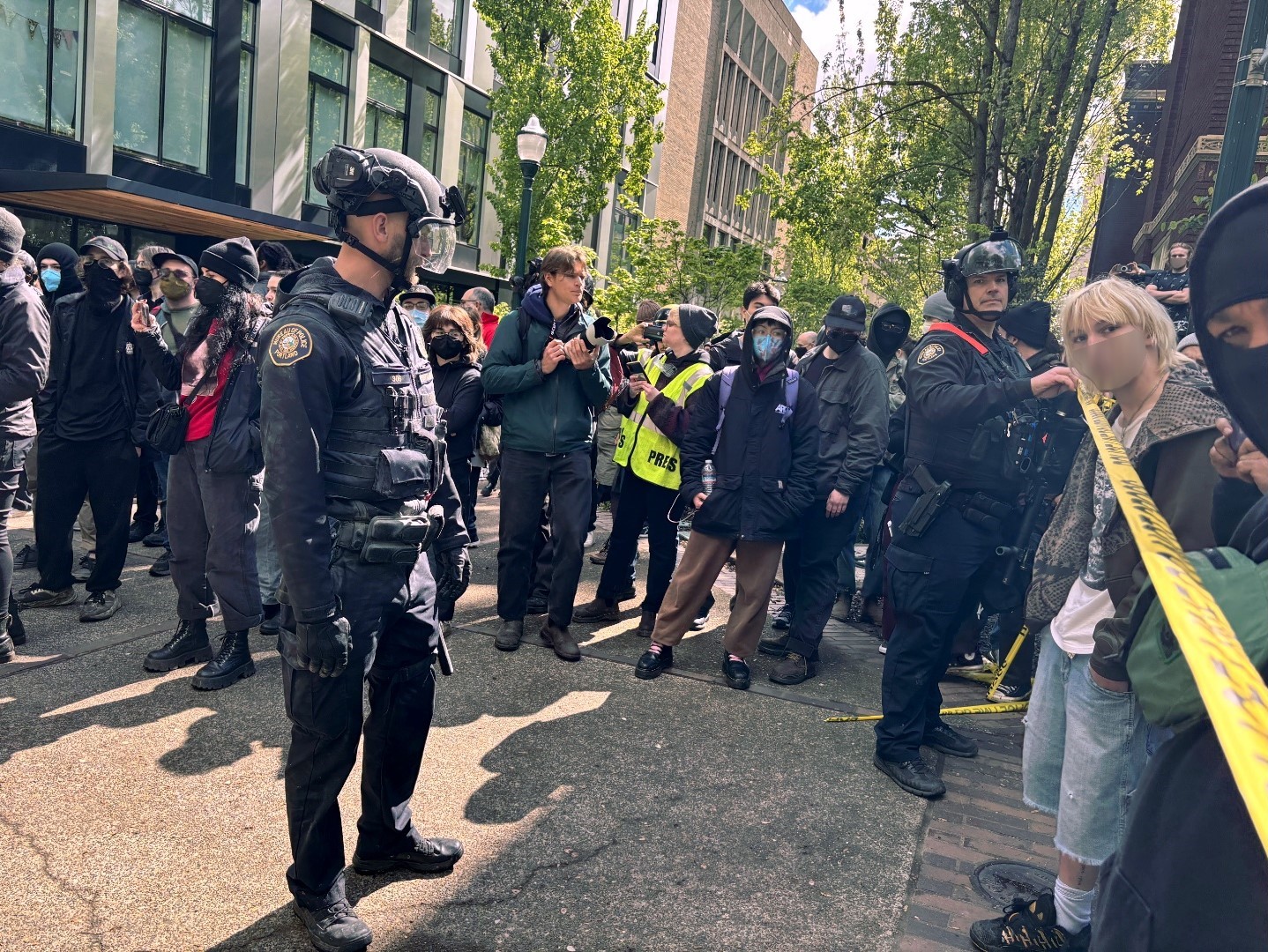Portland’s current slogan is “The City That Works.” When it was adopted in 1995, then-Mayor Vera Katz explained that the new slogan “lets the citizens know that the city cares about what they think and wants to hear from them.”
One doesn’t need to be a data analyst or political pollster to gather that most Portlanders do not feel that their city is working particularly well.
Portland Proposed Ballot Measure 26-228 aims to address the dysfunction within our city government by changing the structure of city hall, the number of districts and attendant commission positions within them and the power invested in the mayor, as well as implementing ranked choice voting.
According to the city’s website, “Portland has more than three times as many people as it did in 1913, yet Portland City Council has not grown in size or representation in over 100 years.”
To address this, the proposal creates four new regional districts that will each have three representative councilors, expanding city hall from five—the current system has five councilors, including the mayor—to 12 commissioners in total. The commissioners would no longer reside over large city bureaus but would instead focus on legislation and policy. The mayor and city auditor would still be elected by the voters, but their capacities would shift to administration rather than voting on policy or using veto power within the legislative body.
It is worth noting that Portland is the only large city in the United States that still implements the current commission form of government. It inherently centralizes authority in fewer individuals who then lack any specific accountability, as they are elected city-wide. This is undemocratic in nature. On this front, the proposal is a step in the right direction. We should be able to pressure representatives toward our collective aspirations. Our needs are quite varied in different segments of the city and largely seem to go unaddressed, unless those lobbying for them have the power and capital to influence the five individuals controlling this process.
Further, the oversight of city bureaus currently parceled out to commissioners would shift to the city administrator, which proponents argue has been shown to be more effective.
Portland United for Change explained that the shift to ranked choice voting will also allow for a more proportional representation, as it encourages us to vote for our true first choice and rank others in a succession of preference, allowing for all of our votes to count in contrast to the winner-takes-all method at present. They elaborated that cities that use ranked choice voting tend to have a far more diverse range of identities and viewpoints in their city governments. This is obviously a boon for expanding representation in our supposed democracy.
The ranked choice system would also do away with the need for primaries and run-off elections, which tend to have lower voter turnout. More effective election processes and higher voter turnout means more representation—at least in theory. Of course, we still need to tackle the illicit influence of lobbyists, corporate-bought politicians and money-as-free-speech enshrined into law by the Supreme Court’s disastrous decision in Citizens United.
We might consider that these changes are endorsed by Coalition of Communities of Color, the Urban League of Portland and a group called Portland United for Change, which includes the local chapter of the NAACP, ACLU Oregon and the League of Women Voters, among others. These organizations believe that—while imperfect—these changes are a necessary evolution towards a more participatory city government.
It is also noteworthy that those opposing the changes include current councilors who are already vested with quite a lot of power like Mingus Mapps, and the notoriously anti-democratic business lobby Portland Business Alliance who, as I have previously noted, enjoy a very cozy relationship and influence with current Mayor Ted Wheeler.
Vanguard already ran a news piece on the intricacies of this ballot measure over the summer, so without getting too in the weeds, I just want to forcefully state that—while I do not think this measure goes far enough in decentralizing authority and placing power back into our collective hands—this is a good starting point for the evolution of participatory power for the people in our city.
This is not a magic pill, and I don’t believe that we will see immediate change should this pass, but considering the voices in favor and in opposition of this proposal—my inclination is to support it. I will vote yes on this measure and subsequently follow its implementation and evolution should it pass. We may not have a “city that works” as a result, but it is better than the consolidation of power and lack of accountability we currently suffer under. It is my position that power should be decentralized to the point of participatory direct democracy and self-government, but until that time, any step in that direction is a worthy one.






